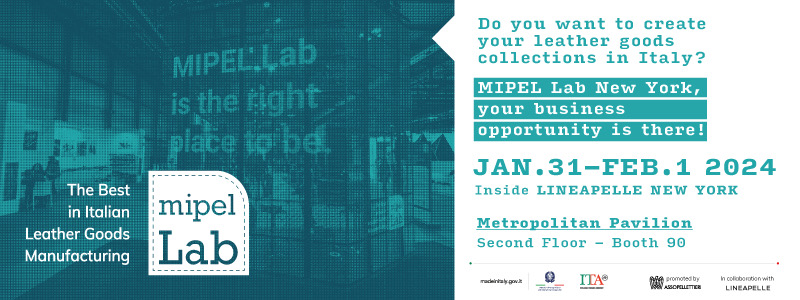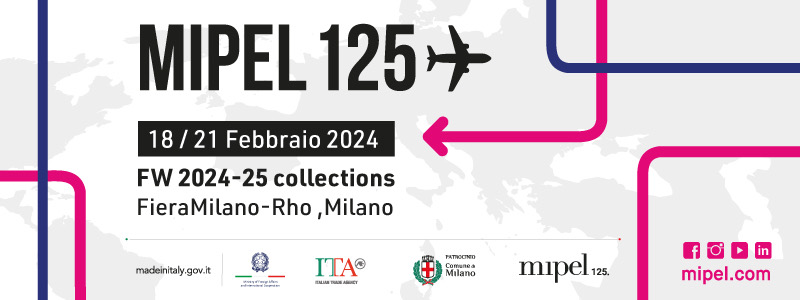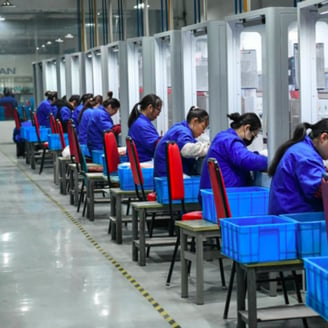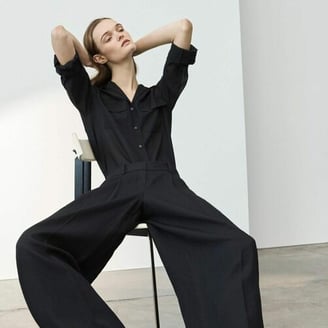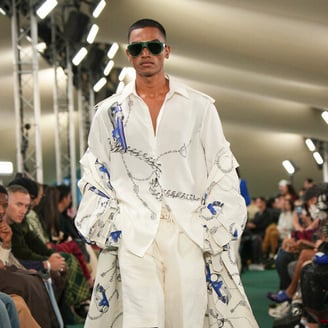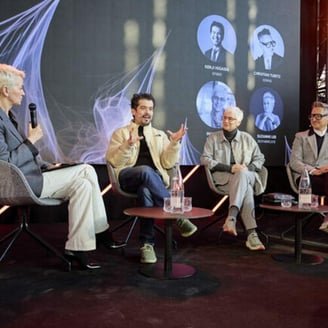Reuters
Dec 20, 2023
AI cannot be patent 'inventor', UK Supreme Court rules in landmark case
Reuters
Dec 20, 2023
A U.S. computer scientist on Wednesday lost his bid to register patents over inventions created by his artificial intelligence system in a landmark case in Britain about whether AI can own patent rights.
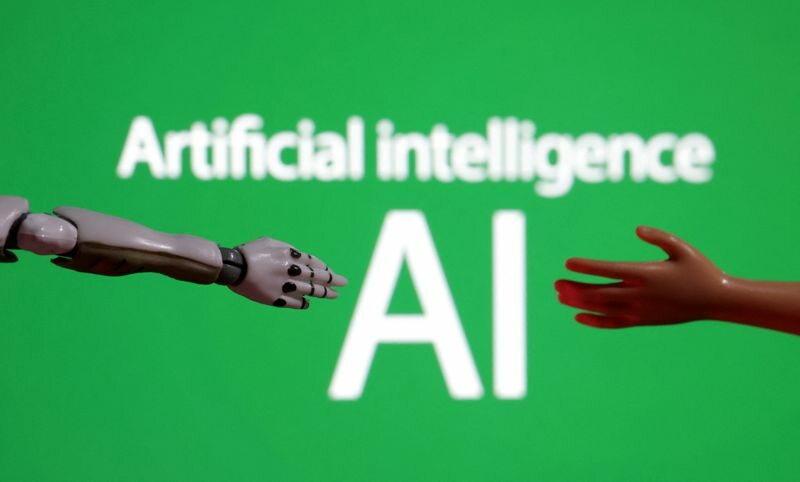
Stephen Thaler wanted to be granted two patents in the UK for inventions he says were devised by his "creativity machine" called DABUS. His attempt to register the patents was refused by the UK's Intellectual Property Office (IPO) on the grounds that the inventor must be a human or a company, rather than a machine.
Thaler appealed to the UK's Supreme Court, which on Wednesday unanimously rejected his appeal as under UK patent law "an inventor must be a natural person".
Judge David Kitchin said in the court's written ruling that the case was "not concerned with the broader question whether technical advances generated by machines acting autonomously and powered by AI should be patentable".
Thaler's lawyers said in a statement that the ruling "establishes that UK patent law is currently wholly unsuitable for protecting inventions generated autonomously by AI machines and as a consequence wholly inadequate in supporting any industry that relies on AI in the development of new technologies".
Legitimate questions
A spokesperson for the IPO welcomed the decision "and the clarification it gives as to the law as it stands in relation to the patenting of creations of artificial intelligence machines".
They added that there are "legitimate questions as to how the patent system and indeed intellectual property more broadly should handle such creations" and the government will keep this area of law under review.
Thaler earlier this year lost a similar bid in the United States, where the Supreme Court declined to hear a challenge to the U.S. Patent and Trademark Office's refusal to issue patents for inventions created by his AI system.
Giles Parsons, a partner at law firm Browne Jacobson, who was not involved in the case, said the UK Supreme Court's ruling was unsurprising. "This decision will not, at the moment, have a significant effect on the patent system," he said. "That's because, for the time being, AI is a tool, not an agent [...] I do expect that will change in the medium term, but we can deal with that problem as it arises."
Rajvinder Jagdev, an intellectual property partner at Powell Gilbert, said the ruling followed similar decisions by courts in Europe, Australia and the U.S. and has "given certainty that inventors must be a natural person."
But he added: "The judgment does not preclude a person using an AI to devise an invention – in such a scenario, it would be possible to apply for a patent provided that person is identified as the inventor."
In a separate case last month, London's High Court ruled that artificial neural networks can attract patent protection under UK law.
© Thomson Reuters 2024 All rights reserved.


